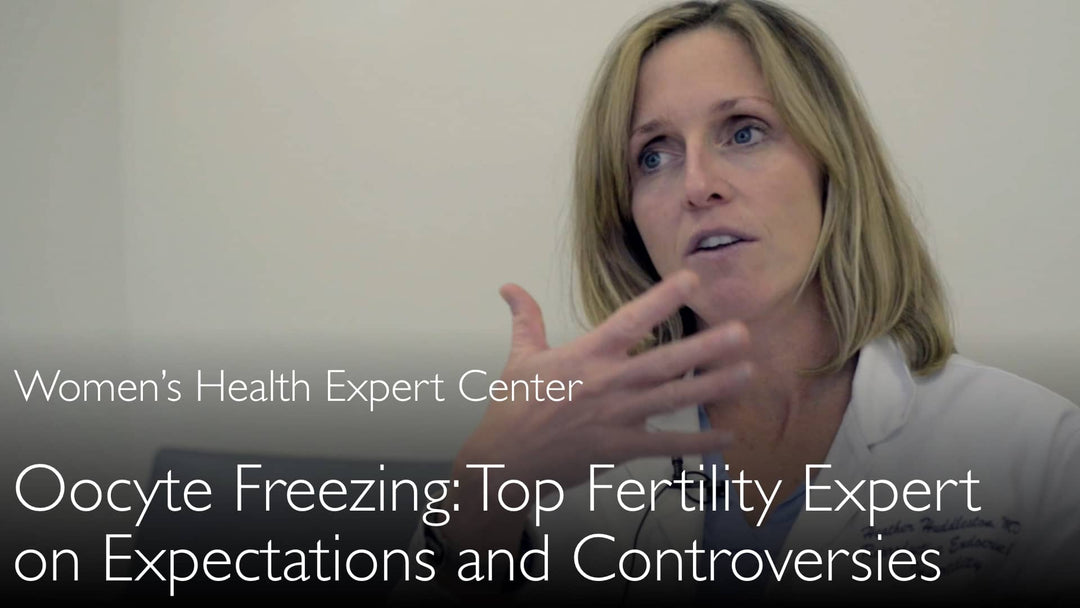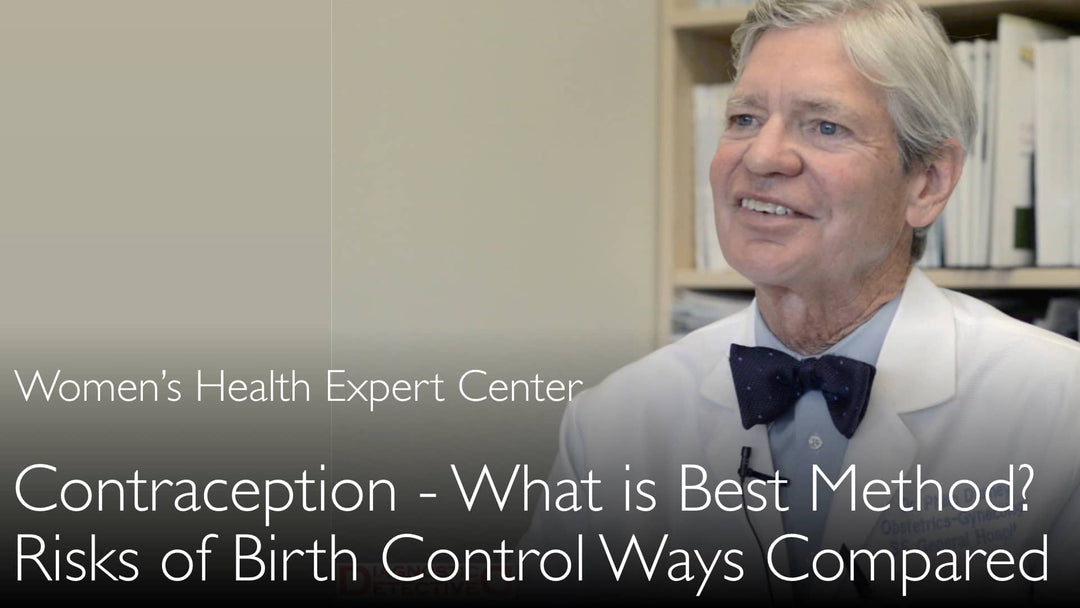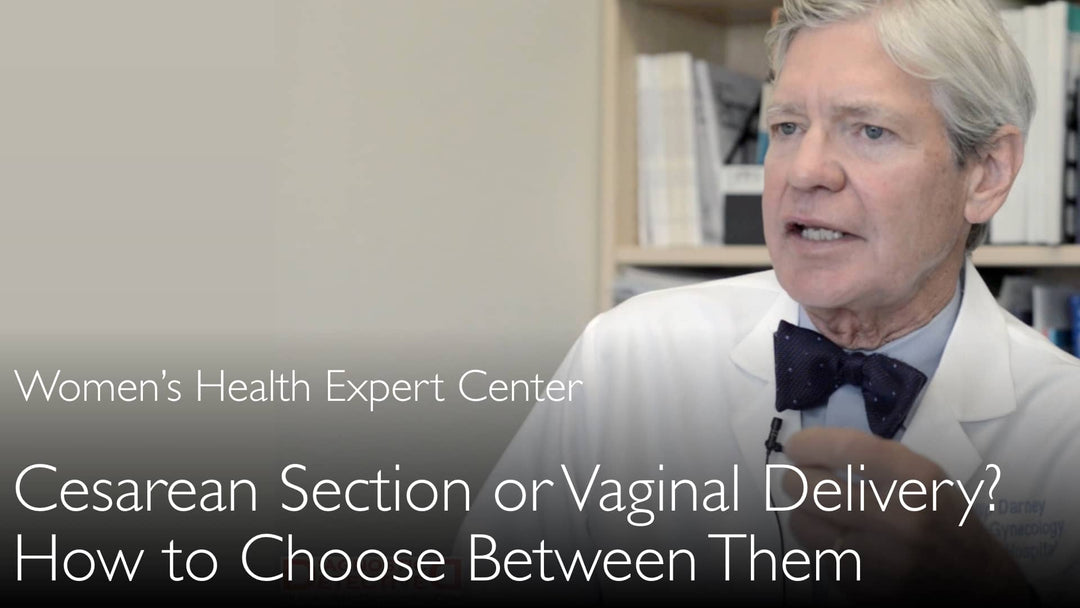Leading expert in reproductive medicine and fertility treatment, Dr. Heather Huddleston, MD, explains how oocyte cryopreservation offers a promising but not guaranteed option for women seeking to preserve fertility. She details the increasing egg freezing success rates, the critical influence of a woman's age at the time of freezing, and the realistic expectations patients should have regarding pregnancy outcomes from frozen eggs.
Understanding Egg Freezing Success Rates and Realistic Expectations
Jump To Section
- What is Oocyte Cryopreservation?
- Egg Freezing Success Rates and Data
- Age Impact on Success
- Realistic Expectations and Guarantees
- Egg Donation Safety and Process
- Future of Fertility Preservation
- Seeking Medical Advice
What is Oocyte Cryopreservation?
Oocyte cryopreservation, commonly known as egg freezing, is a fertility preservation technique where a woman's eggs are extracted, frozen, and stored for future use. Dr. Heather Huddleston, MD, notes that the procedure has expanded rapidly, moving from an experimental label to a more mainstream option offered by many clinics. This growth is largely due to technological advancements in the freezing process, specifically vitrification, which flash-freezes eggs to prevent ice crystal formation and improves survival rates upon thawing.
Egg Freezing Success Rates and Data
A significant challenge in oocyte cryopreservation is the current lack of extensive long-term data on success rates. Dr. Heather Huddleston, MD, explains that while success rates are increasing, clinicians cannot yet provide definitive statistics. The American Society for Reproductive Medicine (ASRM) lifted the experimental designation on egg freezing after evidence showed reasonable success, but large-scale outcome data is still being collected. Clinics currently estimate potential success based on existing medical literature rather than concrete, large-number patient outcomes.
Dr. Heather Huddleston, MD, emphasizes that success is not measured solely by the egg surviving the thaw but by achieving a live birth. The entire process—thawing, fertilization with sperm via ICSI (Intracytoplasmic Sperm Injection), embryo development, and successful implantation—must occur. While some centers report success rates for thawed eggs that approach those of fresh eggs, these figures are highly dependent on the patient's age at freezing and the clinic's expertise.
Age Impact on Success
The most critical factor influencing egg freezing success rates is the age of the woman at the time of oocyte retrieval. Dr. Heather Huddleston, MD, states that younger eggs, typically from women under 35, are of higher quality and have a much better chance of resulting in a pregnancy later. Eggs frozen from women in their early to mid-30s have a more reasonable chance of success.
Conversely, a woman who freezes her eggs at age 41 is preserving eggs that already carry the genetic and quality challenges associated with advanced maternal age. Dr. Huddleston cautions that these eggs will still "suffer some of those problems" even after being frozen, meaning the likelihood of a successful pregnancy is lower. The best age to freeze eggs is generally considered to be before a woman is 35 or 36 years old to maximize the potential for a future live birth.
Realistic Expectations and Guarantees
A paramount point Dr. Heather Huddleston, MD, makes is that egg freezing is an option, not a guarantee. She strongly advises against the notion of a "baby in the freezer," warning that this technology should not lead women to drastically alter their life plans with absolute reassurance. There is no 100% success rate guarantee with oocyte cryopreservation.
Potential risks include eggs not surviving the thaw, failing to fertilize, or not developing into viable embryos. Dr. Huddleston views egg freezing as a valuable backup plan that provides hope and an additional chance for pregnancy, but it should be undertaken with a clear understanding of its uncertainties. Managing patient expectations is a crucial part of the counseling process before undergoing the procedure.
Egg Donation Safety and Process
In the related area of egg donation, Dr. Heather Huddleston, MD, confirms that the process is considered quite safe for the vast majority of women. However, it is not without potential risks that require thorough counseling. The process involves ovarian stimulation with fertility medications, which carries a small risk of Ovarian Hyperstimulation Syndrome (OHSS).
OHSS can cause fluid retention and significant discomfort. The egg retrieval procedure itself, a minimally invasive surgery, has rare but possible complications like bleeding or infection. Dr. Huddleston stresses that understanding these risks is essential for any woman considering becoming an egg donor, though serious complications are uncommon.
Future of Fertility Preservation
The field of fertility preservation is rapidly evolving. As more women who have undergone oocyte cryopreservation return to use their frozen eggs, the medical community will gather more robust data. This information will allow experts like Dr. Heather Huddleston, MD, to provide more accurate success rate statistics and improve patient counseling. The technology continues to advance, promising even higher survival and pregnancy rates from frozen eggs in the future.
Seeking Medical Advice
For any woman considering egg freezing, consulting with a reproductive endocrinologist is the essential first step. A specialist can provide personalized information based on individual health, age, and ovarian reserve. Obtaining a medical second opinion on infertility can help confirm a diagnosis and ensure that oocyte cryopreservation is the most appropriate course of action. As Dr. Anton Titov, MD, often highlights, a second opinion empowers patients to choose the best possible treatment with confidence.
Full Transcript
Many caveats exist in oocyte freezing. Egg freezing success rates are increasing, but success is not 100% guaranteed. A leading fertility expert discusses the current state of oocyte cryopreservation and egg freezing success rates.
Dr. Anton Titov, MD: Does egg freezing guarantee success when oocytes are thawed? What are egg freezing success rates? Is it the same as a baby in the freezer? How does age influence success in egg freezing? Why does Facebook offer female employees to freeze their eggs for free? How developed is oocyte cryopreservation technology? What is the oocyte freezing process? Who should think of egg freezing? What is the best age to freeze eggs for a woman?
Dr. Heather Huddleston, MD: Egg freezing is a very new phenomenon in the United States. It has expanded rapidly in the past five years. Several years ago, ASRM (American Society for Reproductive Medicine) lifted the experimental label from egg freezing. ASRM previously considered oocyte freezing to be an experimental procedure because the egg freezing technology was new and untested.
ASRM lifted the experimental designation because there was evidence that egg freezing was offering some benefits. There was a reasonable success rate from women who froze their eggs. Success of pregnancy from frozen eggs is increasing. Since that time, many clinics started doing egg freezing. Our clinic at UCSF started doing egg freezing for social indications, in addition to pre-cancer treatment indications for oocyte cryopreservation.
Social indications for egg freezing means that the procedure is done because of the wishes of a woman to freeze eggs. We have started offering egg freezing to women two or three years ago. We have seen a lot of growth in this area of fertility medicine.
There are definitely some concerns. Our biggest concern with the egg freezing process is that there is not a lot of data yet about success rates. So we cannot counsel women with certainty. We are not sure about the success rate for thawing frozen eggs and achieving pregnancy.
We cannot look to a large body of data and say, "We think that 10 eggs you just froze will give you a 70% success rate" of fertilization and pregnancy. We are very much estimating it based on the existing medical literature. So I think that is an unfortunate part of the egg freezing process. But hopefully that will change over time as we have more women coming back to use their frozen eggs.
Then we can generate statistics that would be used for counseling women who wish to freeze oocytes. There is another concern as egg freezing becomes widespread. We don't want women to change their behavior too much. We don't want women to find too much reassurance that they froze their eggs.
I think freezing eggs is a great thing for people to do. It is a wonderful thing for women that these technologies come along. But I also would not want women to think, "I have my baby in the freezer now. I can do whatever I want and have no worries at all. I'll be able to have my family at the age of 48." Because we don't know.
We are not able to say for sure that those eggs are going to thaw well. We cannot guarantee that eggs are going to fertilize. So all this is a little bit unknown. So it is somewhat reassuring that there is this option. Egg cryopreservation is a backup plan for women, but it's just not a guarantee.
So it's important to know that freezing eggs is not a 100% guarantee of pregnancy with thawed eggs later on. It is an option. We do also think that the younger you are when you freeze your eggs, the better the chance you have for those eggs offering something to you. This could be leading to a pregnancy.
So women who freeze their eggs at 41 years of age should remember that those eggs are still going to be suffering some of those problems that we see with increasing age. I do feel better about the women who are freezing eggs before they are 35 or 36 years of age. I think there may be a reasonable chance that freezing eggs then could lead to pregnancy.
As women get older than 35, it's going to be a little tricky. Some frozen eggs will probably work, and some eggs will not result in pregnancy when they are thawed.
Dr. Anton Titov, MD: How safe is the egg donation procedure? What happens if a woman desires to donate her eggs? What are key aspects that the woman can expect to go through? How does the egg donation process work?
Dr. Heather Huddleston, MD: We find the egg donation process and procedure to be quite safe for the vast majority of cases. It is something we take very seriously. I spend a lot of time counseling our future and potential egg donors. I tell them what exactly is involved and what are the risks of oocyte donation.
But fortunately, the vast majority of women who donate their eggs do so very safely. They do not have any complications. But they do need to be aware of the complications. We see some complications with any patient doing fertility treatment. This will apply to them as an egg donor.
For example, things like ovarian hyperstimulation syndrome. This is when ovaries are over-responding to medications. It can make you retain a lot of fluid. You can become quite sick after an egg retrieval. This is a potential risk. Complications of the procedure to remove the eggs include bleeding and infection.
But procedure-related complications are really rare. But there are things that we need to just counsel the women about. They may be willing to do egg donation. They just need to understand they have some risk of complications.
Dr. Anton Titov, MD: Are egg freezing success rates 100% guaranteed? How good is oocyte cryopreservation technology?






